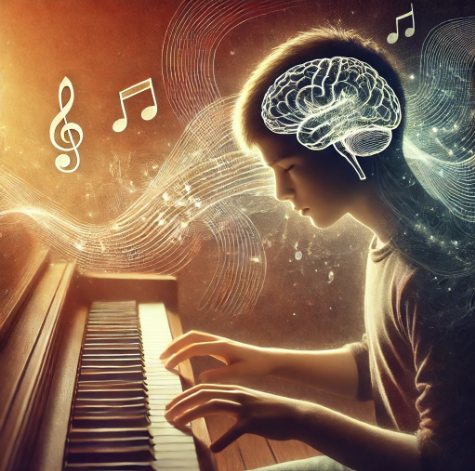Raag Bhupali, also known as Bhup, Bhoop, is one of the most beloved ragas in Indian classical music. The simplicity and serenity have captivated musicians and listeners. The easiness in the Swara pattern of Raag Bhupali, made it easy for even the laymen to understand and identify it. Mohanam is the raga which corresponds to Bhupali in Carnatic music.
Origin and Historical background
Raag Bhupali has five swaras and hence it is a pentatonic raga. It originated from the Kalyan thaat and is performed usually in the evenings. Even though it has only five swaras, it possesses a profound depth and evokes a lot of emotions ranging from joy, love, romance and togetherness.
The structure of raag Bhupali
The swaras of Bhupali are
- Sa (Shadja)
- Re (Shuddha rishabh)
- Ga (Shuddha Gandhar)
- Pa (Panchamam)
- Dha (Shuddha dhaivat)
There is Madhayam (Ma) and Nishadam (Ni) in Bhupali which are the reasons for the raga’s unique character. The arohanam (ascending scale) and the avarohanam (descending scale) of Bhuapali are as follows:
- Arohanam: Sa Re Ga Pa Dha Sa
- Avarohanam: Sa Dha Pa Ga Re Sa
Vibes of Bhupali
Bhupali is associated with emotions like devotion, joy and love. It has the mind cleansing and meditative quality which can calm the mind; hence it is used for therapeutic purposes. The straightforward nature of bhupali opens the possibilities immense improvisations.
Performance and interpretation
One of the peculiarities of raag Bhupali is, it can be performed in any tempo. The adaptability of this raag is also worth mentioning since it can be flexed to any style and genre including jazz, pop and rock music. It is commonly used in khayal, thumri, bhajans and film songs. The slow and deliberate movements in the alaap section gradually build up to more complex and faster paced taans and sargams. This progression creates a dynamic and immersive experience for the listener.
Famous compositions
Raag Bhupali has been used by many musicians for creating timeless classics. Some of them are
- “Dekha ek Khwab” by Lata Mangeshkar and Kishore Kumar
- “Dil hoom hoom kare” by Lata Mangeshkar
- “Albela saajan” from Bajirao mastaani
- “Aayat” by Arijit Singh
- “Aaa chandni bhi meri tarah” by Hariharan
Raag Bhupali’s timeless appeal lies in its ability to touch the hearts of its listeners. Its simplicity, combined with the profound emotional depth, makes it a raga that is both accessible and deeply moving. Whether you are a performer or a listener, Raag Bhupali offers a serene and enriching musical journey that is sure to leave a lasting impression.






Leave a Reply